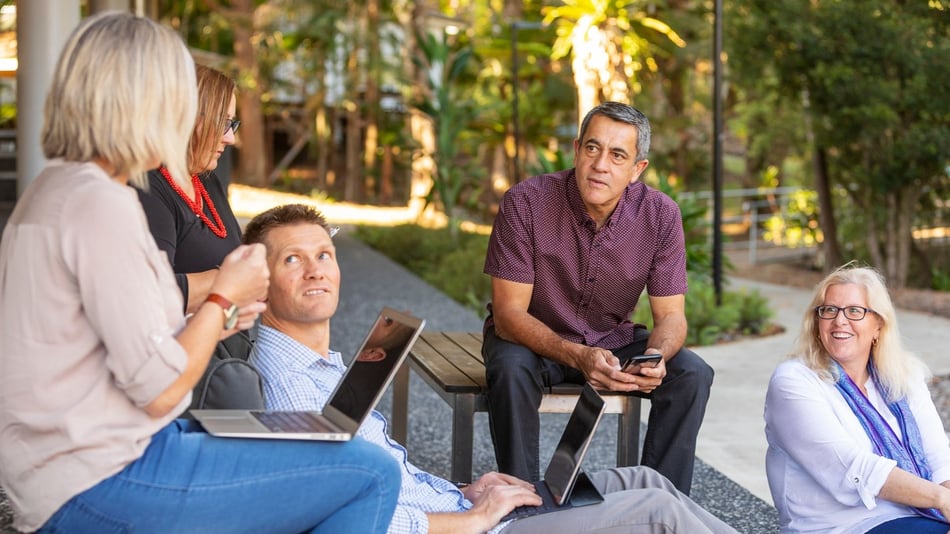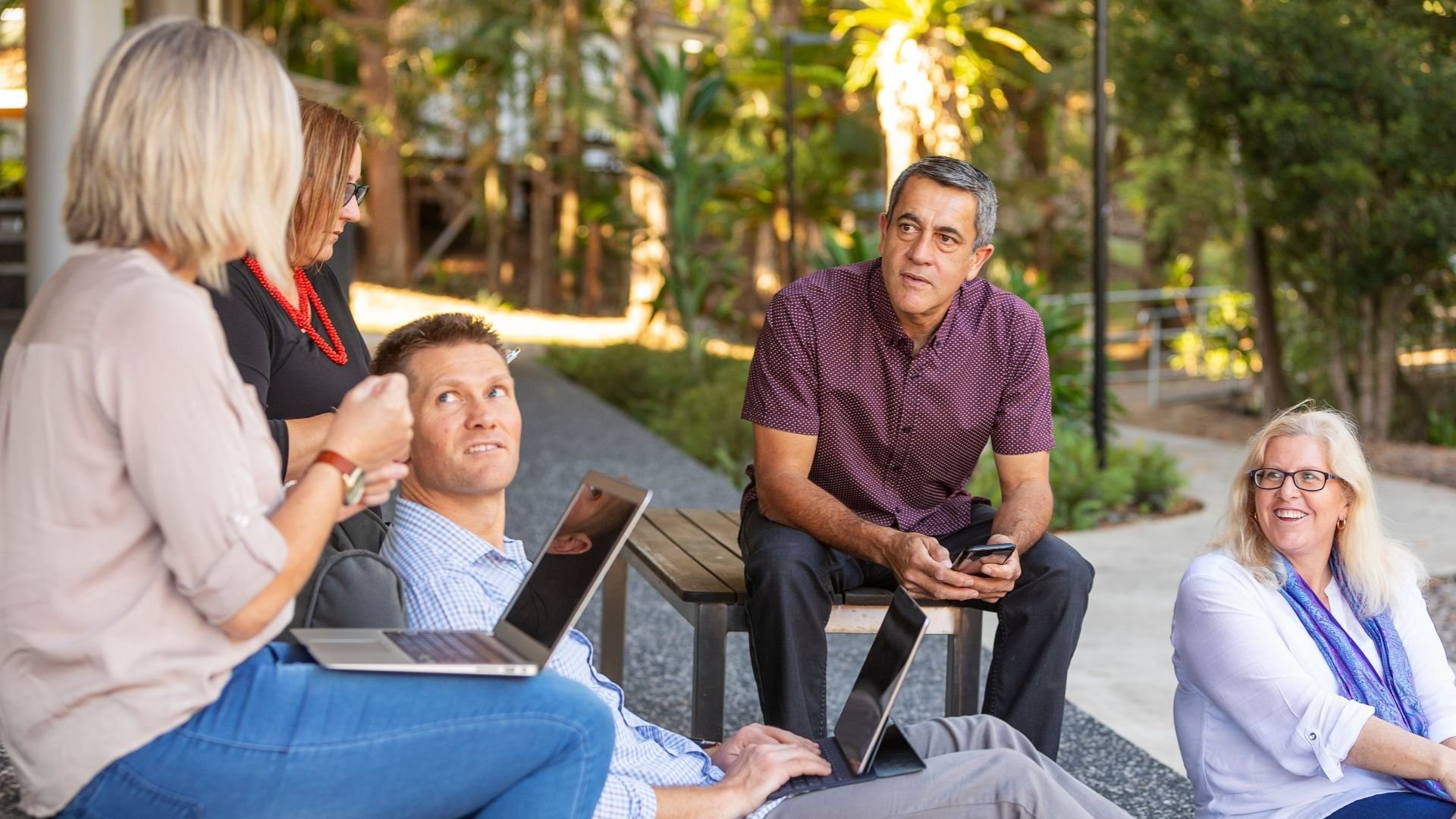How do you beat imposter syndrome?

Imposter Syndrome. It’s not a phrase we particularly like at The Icehouse. It infers that we lack the skills or the confidence to get something done. Or both. For an owner or CEO, it also comes with plenty of negative connotations around not being good enough to run a business.

Unfortunately, imposter syndrome exists. Kajabi, an industry-leading all-in-one knowledge commerce platform, released an influential study in 2020 which analysed the impact of imposter syndrome on 600 entrepreneurs and small business owners.
It found that 84% of entrepreneurs and small business owners experience the phenomenon, many entrepreneurs are worried about being ‘found out’ due to their lack of knowledge and ability, and many feel that any success came about because of luck.
CEO job? Apply with no training!
Who prepares to be an owner or a CEO? There’s no pre-training, no rulebook and it’s an unnatural role which comes with no set routine or strategy to survive, grow and thrive.
‘Many owners feel they’ve got to a certain point in their business because luck has found them, sometimes feel they don’t want to take their product or business further because they’ll get found out or that it’s just happened by accident,’ says Gareth Bayliss, Sales Manager at The Icehouse.
Lack of time, an unwillingness to invest in themselves, not being ready, or that feeling they’re going to get discovered as a fraud are worries Gareth hears a lot, and these inhibiters to growth are all thanks to imposter syndrome.
The Icehouse Owner Manager Programme (OMP) attempts to tackle imposter syndrome head-on, serving two purposes. Firstly, once an owner signs up to the programme they get an immediate sense that they do belong in a group of other successful business owners.
‘Then the magic comes when once they do realise they can add value, they absolutely fly. So, by the time they’re settled on OMP, they sit for five months with people from different industries, but at the same level of success, and then they own it and go, ‘I deserve to be here', adds Gareth.
OMP legitimises success
‘I don’t see OMP as something for somebody who's struggling,’ says Richard Shearer, owner and Managing Director of QP Sport and OMP 45 alumni. 'I see it as for someone who wants to excel and exceed. OMP gives them every chance to do that.’
‘It’s a big investment in your own business and your future, so it's the best thing you can possibly do if you’re a small to medium-sized business. You end up working on your business and not in the business, and you can’t really put a price on the benefits of that.’
So, we need to reassess what imposter syndrome really means and re-think it as a positive, rather than a negative. It’s okay to not know everything and knowing what we don’t know can be a great driver to develop.
False confidence that you’re doing well can make you complacent. Imposter syndrome is an internal warning, that feeling that you’re not ready for something, but it can be reversed. It’s about detachment, separating your opinions from your identity, and your past self from your current self.
‘OMP alumni such as Stephanie Fry from Ideal Cup, Sarah Laurence from DC Power and Mike Shin from Pocha are examples of leaders who have benefited from thinking about the positive aspects of imposter syndrome,’ says Gavin Lennox, Group CEO at The Icehouse.
‘All had concerns prior to going on OMP, but were really curious and focused while attending and found that they were the stars that they thought the others were.’
It’s time for entrepreneurs to view imposter syndrome as a benefit – a realisation that you need to learn more and beat the syndrome.
For information on how capability building programmes, workshops and advisory can help your business, click here.
For more business ownership and leadership advice, check out more of our blogs.
Icehouse Alumni? For more Icehouse content head to Icehouse Central and register now. Follow this link.


